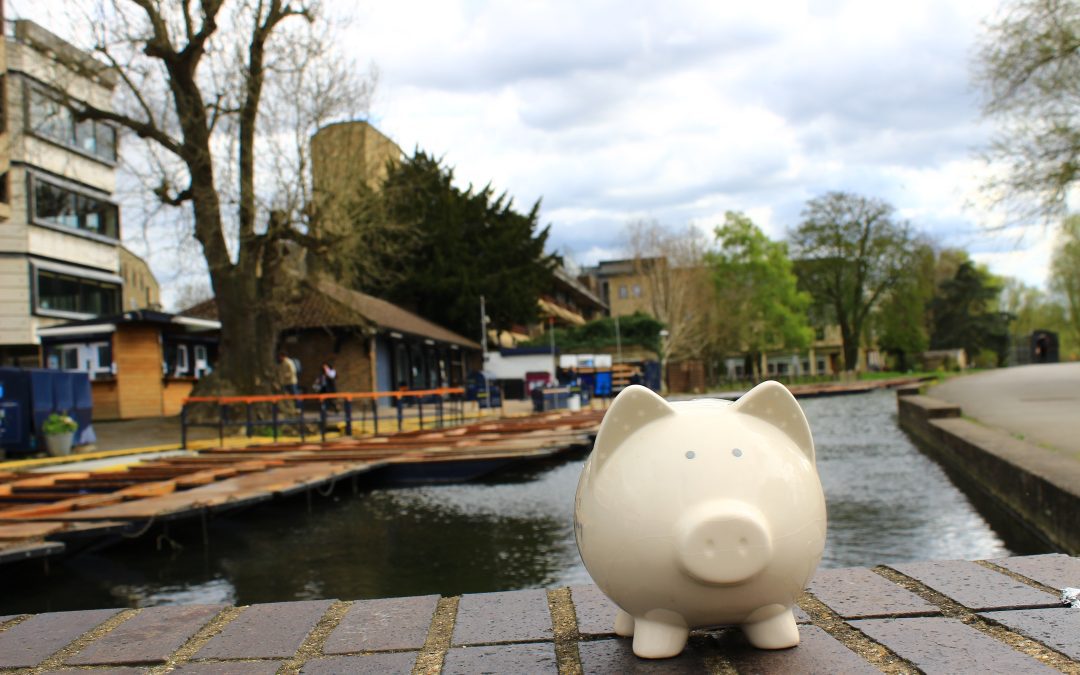The latest Budget move to include pensions as part of your estate for inheritance tax (IHT) is a major change, with potentially significant consequences.
At present, most pension benefits payable on death, whether lump sums or other income, are outside the scope of IHT because they are not considered part of the deceased’s estate. However, there is an income tax charge on the beneficiaries if death occurs on or after age 75 or in certain limited cases before then.
The Budget’s proposals, now out for consultation, would start from 6 April 2027 and see the value of nearly all pension death benefits counted as part of an estate. This would include not only drawdown funds unused at death, but also lump sum death-in-service cover provided by many employers. HMRC estimates that in 2027/28, the first tax year to apply the new rules, 10,500 estates will become liable to IHT than would have been previously. A further 38,500 estates will also pay more IHT than before. HMRC calculate that on average those estates will pay an additional £34,000 IHT, which amounts to a 20% increase.
While income tax principles are not changing, your income tax bill may alter. Income tax will continue to apply to most death benefits, but based on the amount after IHT has been deducted. The example below shows how IHT and income tax interact.
Example 1: Interaction between IHT and income tax
| Richard dies at aged 80 in June 2027 with an estate of £750,000 and a pension pot valued at £200,000, which will pass with the rest of his estate to his nephew, Graeme, who is an additional rate taxpayer. The total tax bill would be: | |||
| £ | |||
| Estate | 750,000 | ||
| Pension | 200,000 | ||
| Total | 950,000 | ||
| Nil rate band | 325,000 | ||
| IHT due on estate | -197,368 | ||
| IHT due on pension | -52,632 | ||
| Income tax on net pension of £147,368 at 45% | -66,316 | ||
| Net of taxes estate | 633,684 | ||
In the example, if Richard did not have a pension pot, Graeme would receive £580,000. In other words, the £200,000 pension pot puts another £53,684 in Graeme’s hands – an effective total tax rate on the pension of 73%. The effective rate can be even higher, something which typically happens when the addition of the pension to the estate takes the value over £2 million, triggering a loss of some or all the residence nil rate band.
While aspects of the Budget proposals on the administration of the rules might be amended in response to consultation before April 2027, it is highly unlikely the principle will be abandoned. The revenue raised is projected to be nearly three times as much as from the controversial reforms to IHT business and agricultural reliefs.
The Financial Conduct Authority does not regulate tax advice.
Tax treatment varies according to individual circumstances and is subject to change.
The Financial Conduct Authority does not regulate will writing and some forms of estate planning.
The information contained within this article is based on our understanding of legislation, whether proposed or in force, and market practice at the time of writing.

